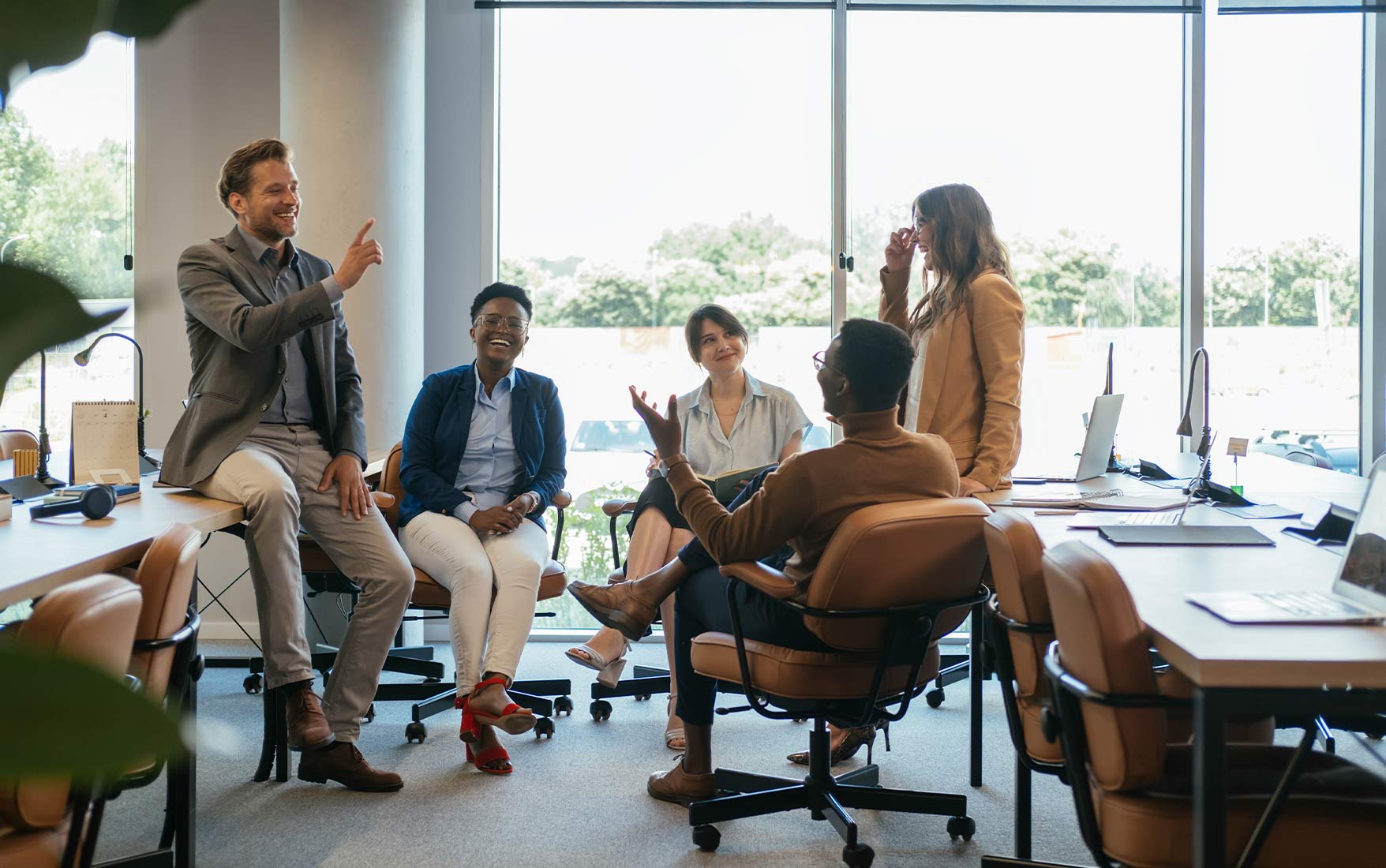“The workplace is an interesting term because as far as I'm concerned work is not a place at all. Work is what you do and the way you collaborate with other people is dictated by a whole range of different factors and location is just one of them.”
“It would be far better to have a local office that you could go to, or to work in your own home when you're doing individual-focused deep work, and then go to a more creative, flexible space that accommodates the physical brainstorming and the big meetings.”
The tools are here to enable a better future and companies like NearU are underpinned the importance of choice and flexibility in the future of work. The more forward-looking organisations, particularly those that were remote-first prior to the rise in remote work post-pandemic, are beginning to reimagine what workspaces are for in the first place.
“They're turning [workspaces] into more creative brainstorming places. Places that people can retreat and connect with each other in person. Places where you can have particular kinds of synchronous interactions that are best facilitated in-person.”
Workspaces are being reimagined and this will inevitably shape cities and the way we live and work together in future.
“We're going to see a lot of reshaping going on particularly where corporate changes involve leases on big commercial buildings. Companies may take 5 or 10 years to reach a point where a decision has to be made: do we keep the space or do we throw this lease away and start over?
I don't know what's going to happen to all of those [empty] buildings. I wouldn't be surprised if long term we see a lot of them repurposed for accommodation. Maybe people can actually afford to live in the West End or the Square Mile again?”
These shifts will have a negative effects on some businesses, most identifiable through the death of the High Street and changes in how we consume goods and services. However, there is an opportunity for businesses to repurpose and innovate new value for people as a result of a rapidly changing world. There will be a stronger need for businesses to understand who they are serving, what their needs are and how these are changing. As concepts like the 15-minute city begin to be reimagined and contextualised, there will be new areas of opportunity for the services that are displaced from the traditional locations we were used to associating them with.
This article is also part of ‘A Different View’ - a guest series by NearU sharing different perspectives from areas of interest in shaping the city of the future through articles, interviews, news and collaborations.
Biography:
Maya Middlemiss is a freelance author, writer and consultant. She also hosts The Future is Freelance. She is originally from London but currently lives and works in Spain as an Estonian e-resident. Her interest lies in the future of work from the point of view of location independence, solopreneurship and new models and ways of working, of which accommodating that work is an important part.
